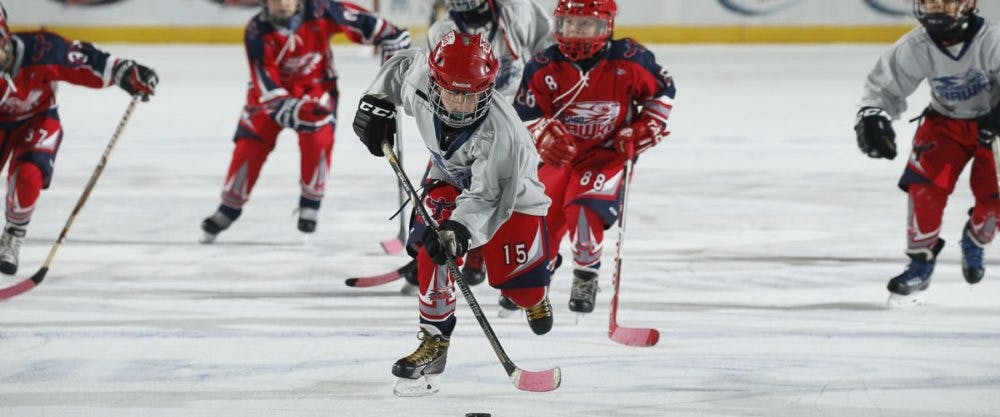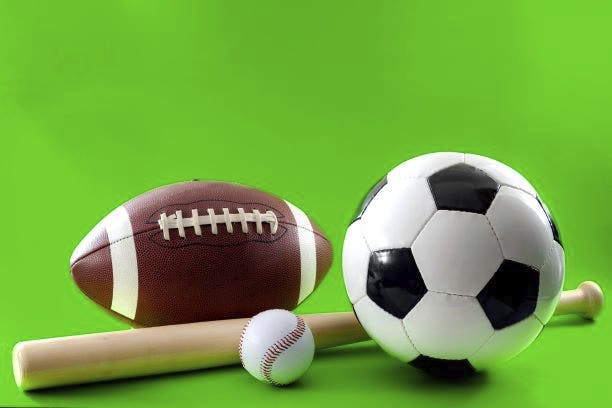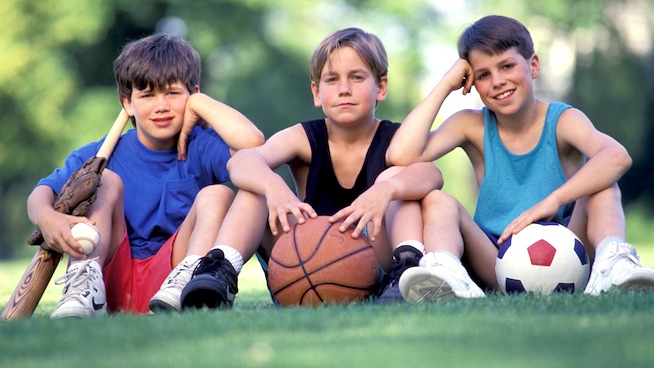Sports specialization is the year-round intensive training in a single sport at the exclusion of other sports. Early sports specialization refers to those who focus on a single sport before entering high school. Advocates for early sports specialization propose performance will be better than those who play multiple sports. These beliefs became popularized after several best-selling books proposed a “10,000-hour rule” of practice. It is believed this amount of practice is necessary for developing expertise in a given skill or sport. But is this really the case?

The effectiveness of increasing the amount of early exposure to a single sport is questionable. In fact, recent research suggests youth athletes who participate in multiple sports and delay specialization are at an advantage over those who specialize. The long-term athletic development (LTAD) model provides a structured framework where youth athletes participate in multiple sports. This maximizes their full athletic potential over their lifespan. Emerging research supports multiple sports participation and the LTAD model as methods to reduce injury risk and maximize athletic potential through high school, college, and beyond.
Early Sport Specialization & High School Athletics
Present-day athletes are specializing in a single sport earlier than previous generations. One recent study showed current high school athletes specialize at an average age of 13 years old. Current collegiate athletes specialize at an average age of 15 years old. High school athletes specializing in 1 sport are 2 to 3 times more likely to suffer an overuse injury. Athletes who engage in baseball for more than 8 months per year are more likely to develop overuse arm injuries.

The repetitive nature of playing a single sport predisposes young athletes to chronic injuries. This impacts their career beyond high school. Also, there is currently no evidence that suggests athletes who specialize in a single high school sport are more successful.
Early Sport Specialization & Collegiate Athletics
A survey of Division I college athletes showed that 16% specialized in 9th grade and 41% specialized in 12th grade. This suggests the majority of NCAA Division I athletes were late to specialize in their chosen sport.
Therefore, early specialization does not appear to be necessary in order to succeed at the collegiate level. Other research found college basketball players who specialized late in their playing career developed their skills and performance to a greater level than those who specialized early.
Several Division I college coaches have gone on record to state their preference for recruiting multi-sport college athletes. Athletes who participate in multiple sports possess superior fundamental movement skills and are generally more “coachable” than single-sport athletes.
Early Sport Specialization & Professional Sports
Professional athletes are now advocating for multiple sports participation in today’s youth. Sixty-three percent of surveyed professional baseball players believe early sport specialization is not required to play professionally. Only 21% of professional athletes from multiple sports would want their own child to specialize in 1 sport during childhood.
NBA players who played multiple sports in high school participated in more professional basketball games throughout their career compared to those who specialized early. These same NBA players who played in more games were less likely to suffer an injury compared to those who specialized early. Also, those NBA players who specialize late demonstrate greater longevity in the league.

Approximately half of present-day MLB players specialized prior to high school. Those who specialized early sustain more serious injuries during their professional career compared to those who specialize late.
Youth baseball players should be encouraged not to participate in a single sport given the increased incidence of serious injuries later in their careers. To date, no research suggests that early specialization is needed to reach the professional level of any team sport.
The Message to Parents About Early Sports Specialization
Parents and coaches should encourage youth athletes to delay sports specialization as late as possible. Athletes who specialize late are at least as likely to compete at high levels (college and professionally) as those who specialize early. Also, those who delay specialization are less likely to sustain injuries and more likely to achieve long-term success at the professional level. Most importantly, encouraging multiple sports participation promotes long-term enjoyment of sport which will build health and fitness habits for a lifetime.

